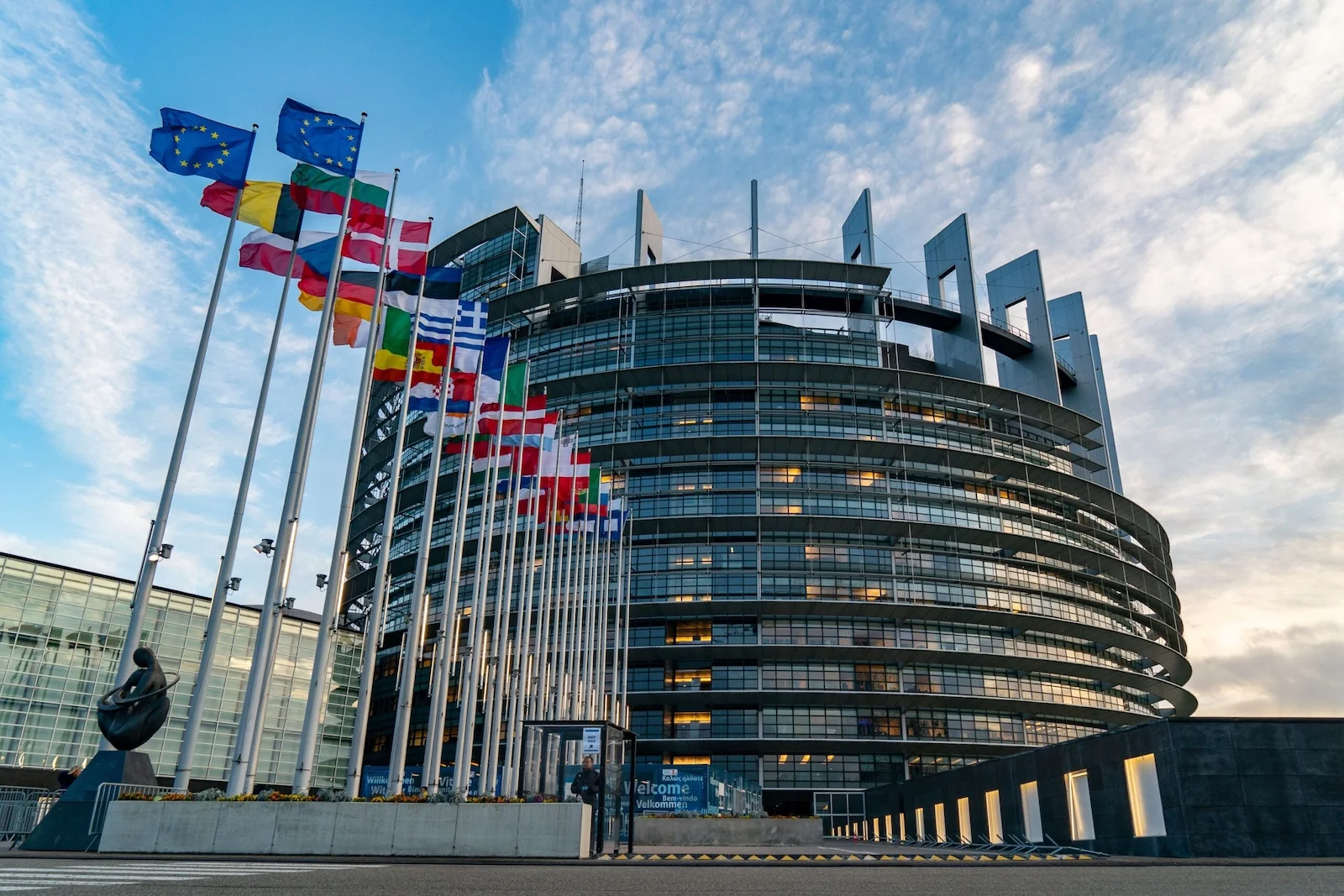
Sudan’s War Draws Scrutiny in Europe as Calls for Justice Grow Louder
The deepening humanitarian catastrophe in Sudan is set to come under renewed political scrutiny when Members of the European Parliament convene in Strasbourg next week.
On Thursday, MEPs gathering in the French city for their monthly plenary session will vote on a resolution addressing the escalation of Sudan’s civil war and the worsening humanitarian emergency that has followed in its wake.
Sudan descended into open conflict in 2023, when a bitter power struggle erupted between the national army and the paramilitary Rapid Support Forces (RSF), shattering any remaining hopes for a post-coup political transition and plunging much of the country into sustained violence.
Since the fighting began, an estimated 13 million people have been displaced. More than 12 million are now considered at risk of rape and other forms of gender-based violence, while roughly 25 million face acute food insecurity. The United Nations has described Sudan’s situation as the largest humanitarian crisis in the world.
The Greens/European Free Alliance (Greens/EFA) group in the European Parliament has accused external actors of actively fueling the conflict. In a statement, the group argued that “several foreign actors have been fueling the conflict, primarily the UAE, which has been supplying arms to the RSF.”
The statement continues by alleging that, “Backed by the UAE, the RSF militias are using extreme violence against civilians, committing war crimes and crimes against humanity.”
The Greens/EFA group is now urging the European Union to take what it calls “immediate action to protect civilians and make perpetrators accountable.” Specifically, the group argues that negotiations on a proposed EU–UAE Free Trade Agreement should be frozen and resumed only once the UAE ends what they describe as its support for and cooperation with the RSF.
“We urge the EU to ensure the enforcement of the UN arms embargo on Darfur and work towards its extension to the entire country,” the statement reads.
Pressure for action is not limited to one political family. The centrist Renew Europe group has likewise demanded stronger European engagement to address what it calls “Sudan’s forgotten tragedy.”
At Renew’s initiative, the Strasbourg debate will include a vote on a resolution condemning “systematic violations by Sudanese Armed Forces and Rapid Support Forces” and demanding the establishment of humanitarian corridors alongside increased international aid.
The proposal calls for closer cooperation with the International Criminal Court and for European Union sanctions “against military commanders and United Arab Emirates enablers.” It also presses for what it describes as an “African Union-led inclusive” political process, explicitly excluding military leadership while bolstering civil society actors and civilian protection mechanisms.
After more than two and a half years of what Renew describes as “fratricidal conflict,” the situation has reached what the group calls “unprecedented levels of horror.”
More than 150,000 people are believed to have been killed, while millions of civilians have been forced to flee their homes. Nearly 50,000 people have been displaced in recent days alone, according to the group.
Survivors, lawmakers say, report systematic war crimes including summary executions of civilians, widespread rape, looting, kidnappings, and direct attacks on humanitarian workers. Hilde Vautmans (Open Vld, Belgium), Renew’s spokesperson for foreign affairs, has cited these testimonies as evidence of the scale and brutality of the violence.
The call for debate has also been endorsed by the centre-left Socialists and Democrats (S&D) group. Marit Maij, the Socialist coordinator for the delegation to the OACPS–EU Joint Parliamentary Assembly, said her group supported next week’s parliamentary debate “due to the escalation of the war and humanitarian catastrophe in Sudan.”
“We, in the S&D Group, have pushed for a plenary debate and resolution on Sudan next week,” she said. “We urgently call for an end to violence, including sexual violence, and access for humanitarian aid. Those responsible – directly and indirectly – must be held accountable. The Commission, the High Representative/Vice-President and the international community must act now.”
The issue has already reached the highest levels of EU diplomatic discussion. The Foreign Affairs Council addressed Sudan earlier this week during a meeting in Brussels, reflecting growing concern that the conflict has entered a new and more dangerous phase.
